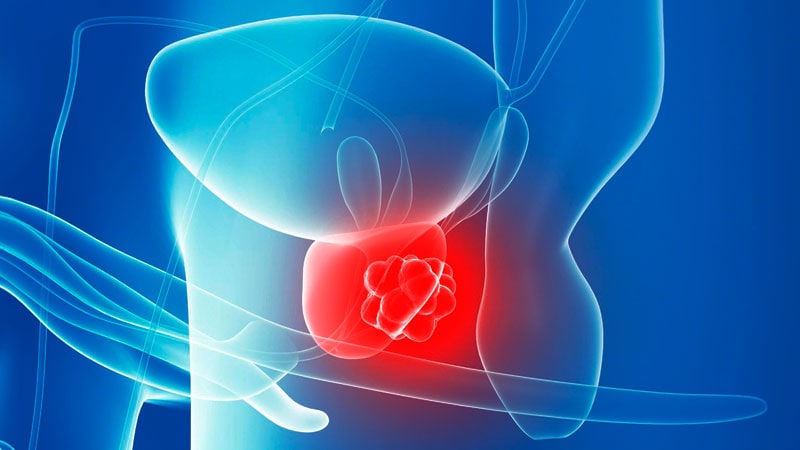Transfusion-related circulatory overload (TACO) remains the most common cause of transfusion-related death, although deaths due to delays are increasing year-on-year, shows an analysis of reports to the UK’s transfusion safety body.
"Communication is a major, major issue" when it comes to delays, which account for over one in four deaths, explained lead author Simon Carter-Graham, clinical incidents specialist, Serious Hazards of Transfusion (SHOT), Manchester Blood Centre.
He emphasised that "all staff must be vigilant and great care must be taken with all transfusions," especially in emergency situations, in elderly and frail individuals and in those with multiple comorbidities.
The research was presented at the British Society for Haematology 2021 Virtual Annual Scientific Meeting on April 26.
'Concerning' Delays
Mike Murphy is Professor of Transfusion Medicine at the University of Oxford and Consultant Haematologist for NHS Blood & Transplant.
He told Medscape News UK that, although the overall reduction in error-related events is "encouraging", the increase in delays is "concerning".
This is because it "indicates that further efforts are required to ensure there is effective communication between clinical teams and transfusion services to provide blood in a timely manner, especially where it is needed for emergencies".
In terms of TACO, he underlined that, while it "remains the commonest serious adverse event," the team at SHOT "has already provided recommendations to mitigate the risk" of it occurring.
Carter-Graham began by explaining that SHOT, which was established in 1996, is the UK’s haemovigilance scheme. Working alongside the Medicines and Healthcare products Regulatory Agency (MHRA), it receives and analyses transfusion-related serious adverse events and errors.
He noted that there are seven steps that take place between the request for a blood component and its administration to the patient, such as the taking and testing of blood samples, component selection and labelling, and the issuing of a prescription.
To ensure safe transfusion, patients are entitled to ten ‘rights’, which include the right patient being selected, the right component and right amount to be transfused at the right time, the right to knowledge and understanding of the process and the right investigations being carried out when things go wrong.
Cumulative data from the SHOT database showed that it received 23,341 reports between 1996 and 2019, which fell into three broad categories:
- Transfusion reactions which may not be preventable. These include febrile allergic and hypotensive reactions.
- Possibly or probably preventable reactions through improved practice and monitoring. These include TACO.
- Adverse incidents due to mistakes. These include delayed transfusion and the transfusion of the incorrect blood component.
"Over the last 6 years, more than 80% of all reports submitted to SHOT" involved errors, Carter-Graham said. "That’s a very, very high amount."
Specifically, 81.9% of transfusion-related adverse events reported in 2014 were due to mistakes, a figure that rose to 84.1% in 2019. "Some will have no patient impact whatsoever, but unfortunately some will end in a fatality."
He explained that errors can be due to a number of reasons, both individual- and team-related, which include poor communication, lack of knowledge, distractions during the process, pressure, fatigue, accepting of norms and lack of assertiveness.
The latter can mean "being nervous" about speaking up to someone more senior "when you know something is possibly going wrong".
Transfusion-related Mortality
Turning to transfusion-related mortality, Carter-Graham pointed out that, among 14 million blood components issued between 2014 and 2019, there were 123 deaths that were possibly, probably, or definitely related to transfusion.
Sixty per cent of deaths occurred in patients aged 70–90 years of age, while 6.5% were seen in paediatric patients, most often due to transfusion associated necrotising entercolitis in pre-term neonates.
Patients who died had an average of four comorbidities, such as chronic anaemia, cardiac failure and renal impairment. "So these people were already very sick at the time of the transfusion," Carter-Graham said.
Among the 17 deaths in 2019, the most common cause was TACO, in nine patients, followed by transfusion delays in three cases, transfusion-related acute lung injury in one patient and other causes in four patients.
He said that, over the period 2014–2019, TACO was "by far" the most common cause of transfusion-related death, in 39.0% of cases overall, while the second most important was delays, which "can happen at any time and in any part of the process".
Delays "are increasing year-on-year in relation to deaths reported to SHOT," accounting for 28.4% of deaths across the study period. The most common cause of delay was poor communication, in 71.4% of cases.
Carter-Graham added that 59.3% of transfusions associated with mortality took place in emergency/urgent situations, such as accident and emergency, operating theatres or intensive care, while 36.5% were routine/elective transfusions.
Since 1996, there have been 17 deaths due to transfusion transmitted infection (TTI), 11 due to bacterial transfusion, three related to variant Creutzfeldt–Jakob disease, two to hepatitis E and one to malaria.
"It’s a small amount," Carter-Graham said, with only one death in the past few years, but "it’s still tragic."
Between 2006 and 2019, ABO-incompatible transfusion of red cells resulted in major morbidity in 31 patients, while a further five patients died, which represents a substantial reduction since the introduction of the Blood Safety and Quality Regulations in 2005.
Overall, the findings suggest the need to examine a number of systems-related factors, such as policies and procedures, education and training, day-to-day practices and the leadership culture.
"We need to consider changes in all these areas to promote optimal healthcare and patient safety," Carter-Graham said.
The study was funded by UK Forum.
No relevant financial relationships declared.
BSH 20212 Virtual ASM: Abstract OR-011. Presented 26 April.




